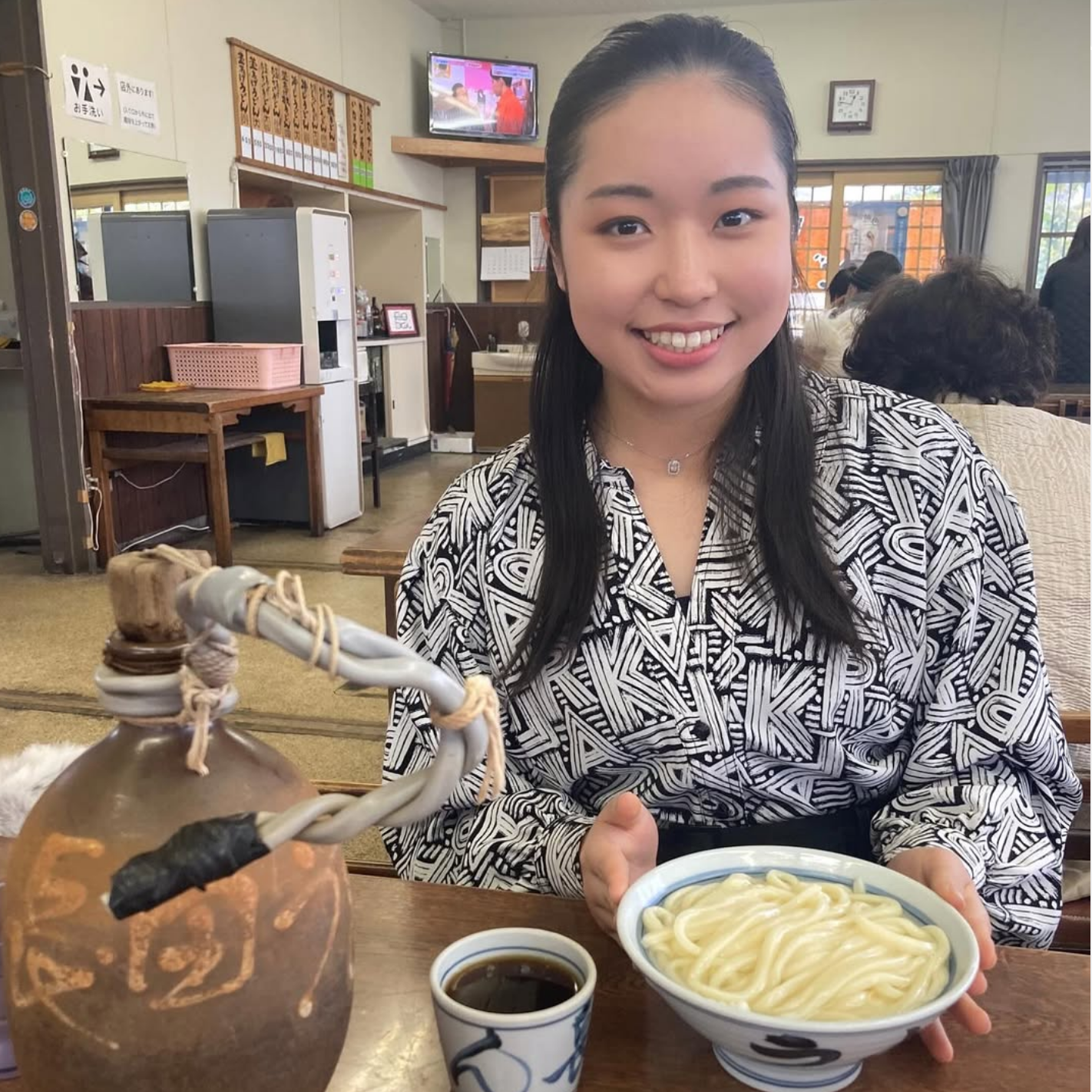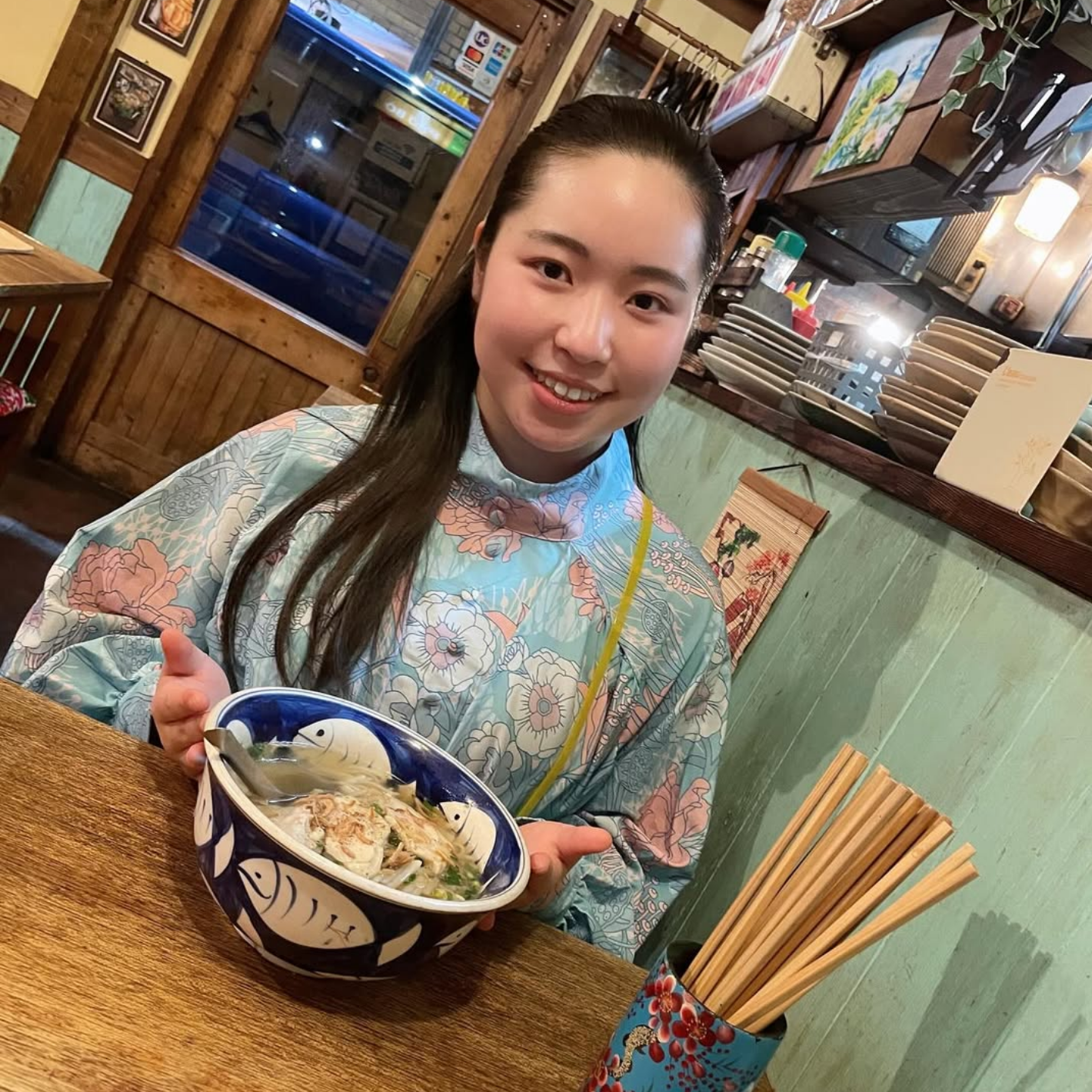



Food
It is no secret that many musicians over the centuries have shown a great enthusiasm for food, and it certainly seems fair to say that you are joining their ranks. Please tell us a why it’s important to you from your vantage point as a classical musician.
For me, food is a wonderful and additional form of self-expression that lets me share my enthusiasm about life. I love to eat, but I also like to cook, which allows me to bring together a range of not just flavors and ingredients, but also feelings. There is a real challenge in wanting to cook food that “says” what I want it to say, and when I’m in the kitchen cooking for others, I am concerned about making sure that my happiness in making a particular dish is something I communicate to them. It’s a process I really enjoy.
What’s also interesting to me from an historical standpoint is how many composers were influenced by food, and also how it figures into the lives of so many performers, which helps me to realize that it has been a source of creativity associated with many musicians over centuries. For example, when I began work work on Liszt’s Reminiscences de Norma, I discovered that the Italian dish, pasta alla Norma, which is made with pasta and slices of fried eggplant, was named in honor of the opera composer Vincenzo Bellini and his opera Norma. When the writer Nino Martoglio first tasted it, he said “this is a real Norma” or masterpiece, and thus the opera began to be associated with the dish, but also anything of superior quality.
Many other examples come to mind. The composer Gioacchino Rossini loved to give dinner parties where he would serve lavish dishes like a whole turkey stuffed with truffles. He became close friends with the famous chef Antonin Carême, whom he described as “the only man that understood me.” One also has to only think of other dishes like peach melba, which a chef created for the Australian soprano Nellie Melba to honor both her and her love of peaches, to realize the strong connection between artists and food.
An enthusiasm for life in general seems to also be a part of being a “foodie”. Much more than your just needing it for nourishment, it seems to that food is very much a way in which you share your personality and interests with your audience. What makes for that?
A great meal is like a great performance. It delights your senses, makes you take the time savor the nuance of all the flavors, and in fact, somehow changes you, by allowing you to discover aspects of not just the food, but perhaps yourself, in the process of tasting it. You learn more about what you like, what you don’t like, and what intrigues you enough in terms of the flavors to try them again, perhaps in something different, like another piece by the same composer.
Whenever I’m in a restaurant—which is often—I choose something that I know I will like, but I always like to try something that might allow me to learn a little more about flavors and ideas I know already. It might be a new recipe for linguine and clams, but this time with a sauce that is made with more spices, or a new flavor of ice cream that seems illogical until I taste it. This for me adds to the pleasure of the meal, not unlike learning the next variation in a work made up of a theme and variations.
I have always thought of cooking and the subsequent eating as multiple factors of a great experience: an act of creativity combined with celebration and a way to commemorate, often a person or an event. The best meals are those where all of the flavors are taken into consideration, and the entire process that brings it from the kitchen to the table. If one thinks about it, there are so many components involved, from the freshness of the ingredients to the best cooking techniques to bring out their flavors, right down to the seasonings that go into a dish.
For me, this is a lot like preparing a work for a performance. I have to understand the origins of the work and the circumstances under which it was written, while also taking into consideration the audience hearing it and every possible nuance I can add, in order to communicate the message I want to convey as fully as possible and making the work come alive so that the audience “tastes” every note.
Ultimately, I believe food is meant to carry with it messages of celebration, comfort, nourishment, and happiness in greater or lesser amounts, depending on the situation. The ingredients are like notes, and recipes are in fact like compositions. The food I enjoy most is that which allows me to taste different layers of flavor, just as there are different layers of emotion in a piano work. In turn the food doesn’t just reward me with nourishment, but it also feeds my emotions, in the same way I work to make that happen every time I perform, both for myself and the audience. I once heard someone say that eating ramen noodles is like giving your soul a hug.
Good food and good music are like that—they nourish you, body and soul.
Photos: Food, glorious food! Always interested in new cuisine and cultures, Nana enjoys, from left, a bowl of pho (rice) noodles at a Vietnamese restaurant; Indian curry and naan, a leavened flatbread; a bowl of udon, a Japanese “soul food” specialty from the Kagawa Prefecture, home of Nana’s grandmother; and a pudding à la mode alongside a fruit parfait, age eight, with her father.
